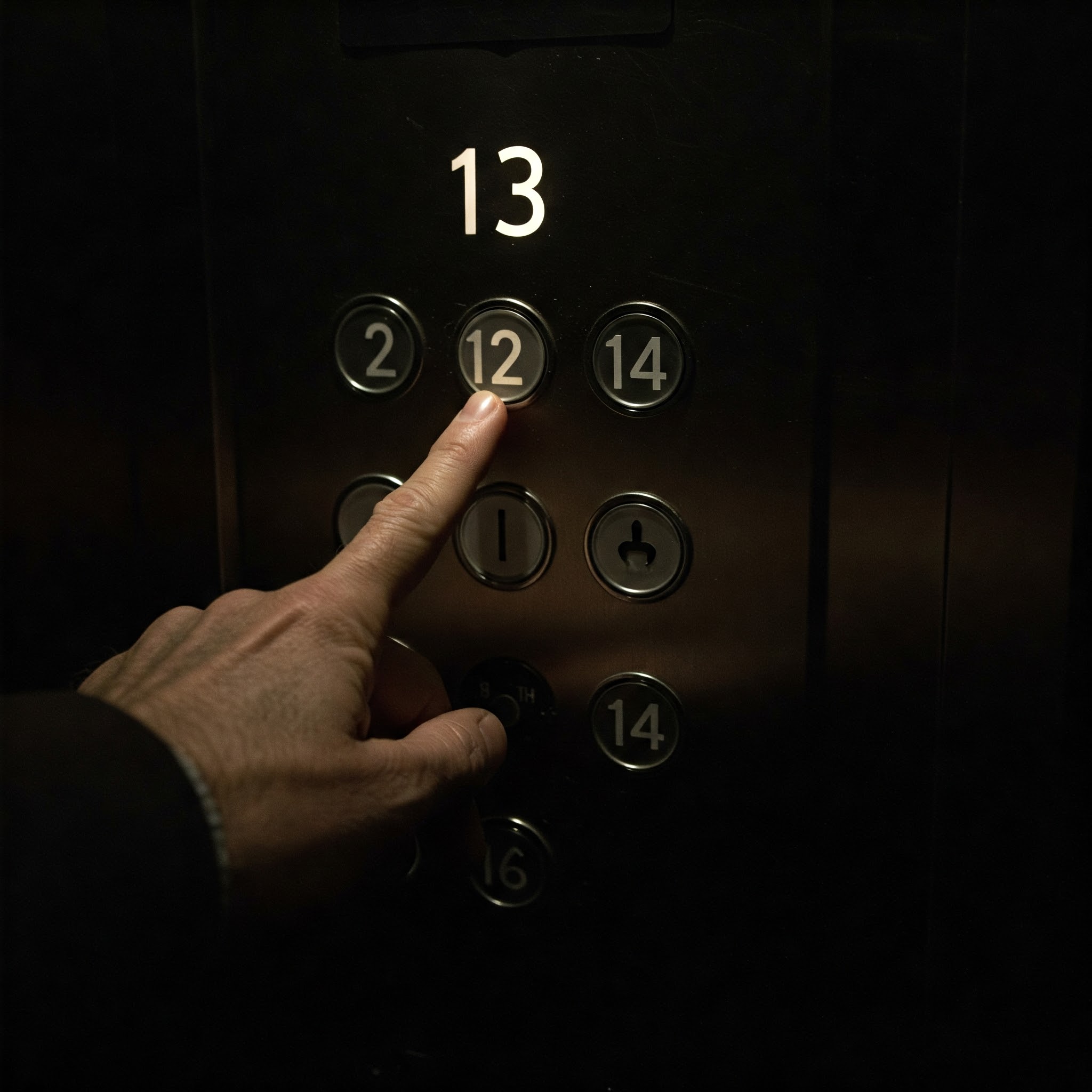According to widespread numerical belief, particularly across Western and Western-influenced societies, the number 13 is considered inherently unlucky. This aversion is expressed through common avoidance behaviors: high-rise buildings omit the 13th floor from elevators and numbering systems; airlines skip row 13; and individuals often avoid important decisions or events—like weddings, surgeries, or business launches—on the 13th day of the month, especially if it falls on a Friday. Social gatherings may go to lengths to avoid a group of exactly thirteen diners. This deep-rooted fear even has a clinical name: triskaidekaphobia.
The superstition reflects a broader human preference for numerological harmony, with the number 12 long seen as symbolically “complete” (12 months, 12 zodiac signs, 12 apostles), making 13 feel excessive or out-of-balance. Despite no empirical evidence linking the number to misfortune, the belief exerts real influence on design, scheduling, and behavior in everyday life.









